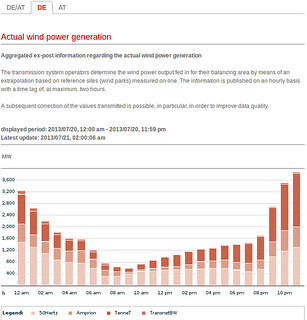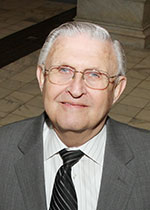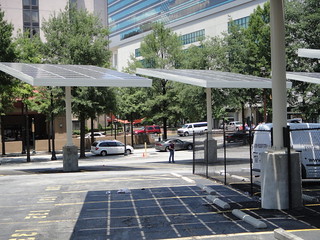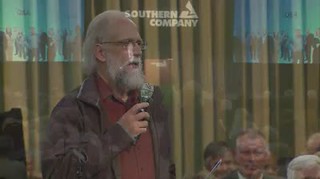Back in May someone asked Georgia Power CEO Paul Bowers what
he thought about a carbon tax,
 and he answered, “Why would anyone
want that?”
The Economist answered his question,
29 June 2013,
Tepid, timid:
The world will one day adopt a carbon tax—but only after exhausting all the alternatives,
and he answered, “Why would anyone
want that?”
The Economist answered his question,
29 June 2013,
Tepid, timid:
The world will one day adopt a carbon tax—but only after exhausting all the alternatives,
Winston Churchill famously said America would always do the right thing after exhausting the alternatives. The right thing in climate

policy for all the big countries is a carbon tax, which is simpler and less vulnerable to fluctuations in emissions than cap-and-trade schemes. For years, such a tax has been a non-starter politically. But as the alternatives are tested to destruction, it deserves to be looked at again. Current environmental policies will not keep the rise in global temperatures to below 2°C—the maximum that most climate scientists think safe. A carbon tax, if stiff enough, could. Big polluters should assume that such a tax will one day arrive, and start planning for it now.
Dear Paul Bowers,
 Stop being tepid and timid.
Go beyond Continue reading
Stop being tepid and timid.
Go beyond Continue reading














